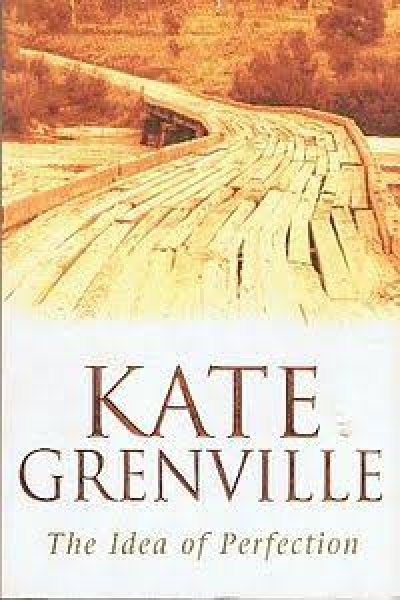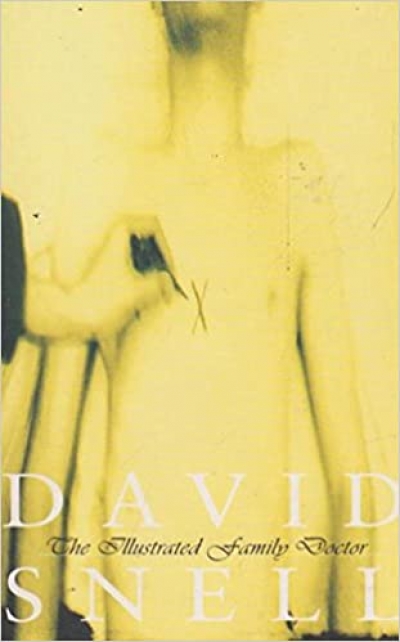Picador
It used to be the case that readers interested in the visual arts in Australia had to put up with long dry spells between the publication of art books. But, over the last three decades in particular, writing about the visual arts in Australia, in terms of its scholarly and especially in terms of its numerical strength, has undertaken a quiet revolution.
... (read more)








